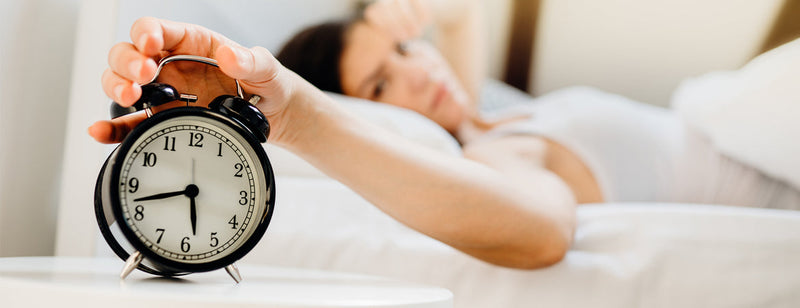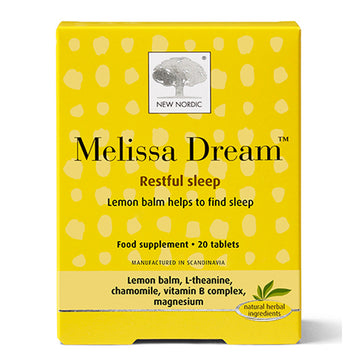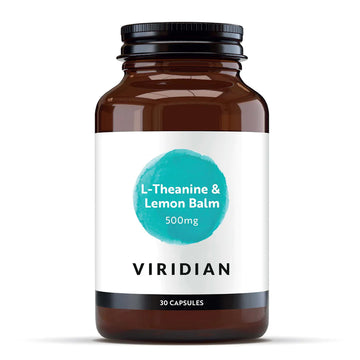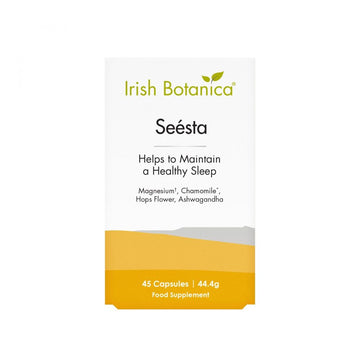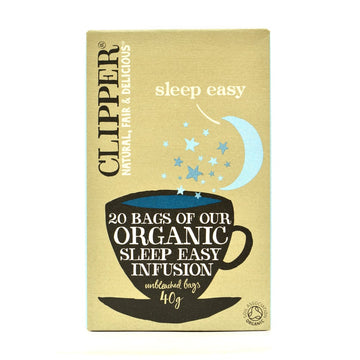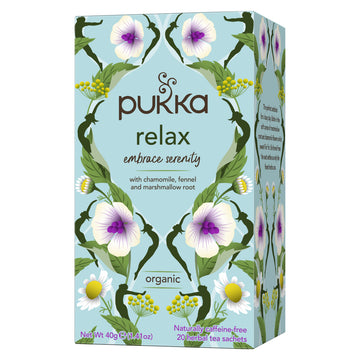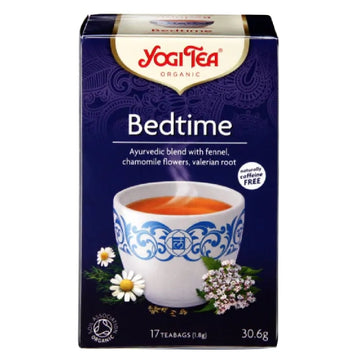Whether you're having a bad run of it on the sleep front, are dealing with an erratic sleep schedule thanks to night shifts or are recovering from a bout of jet lag, a disruption to your normal sleep cycle can be tough. But there are some ways to get your sleep cycle back on track so you're sleeping soundly (and at a normal hour!) again.
Check out some useful tips below as well as the science behind this shift to your sleep cycle.
The Science Bit: Circadian Rhythms
We have natural sleep and awake patterns, knows as Circadian Rhythms; which refer to fluctuations in body temperature, hormone levels, energy levels and sleep. These occur over a 24-hour period, driven by the brain’s biological 'clock'.
These natural rhythms from day to night allow us to have an abundance of energy throughout the day but also encourages us to wind down and switch off at night in order to have 6-8 hours of restful and restorative sleep.
These internal 24 hour rhythms in physiology and behaviour are synchronised to the external physical environment and social/work schedules. Therefore due to the long, busy and often stressful lives we lead, this can knock us out of these natural sleep and awake patterns. Here are some strategies you may find helpful to bring your body back in to balance and reset your internal ‘clock’ once and for all.
7 Ways to Get Your Sleep Cycle Back on Track
Looking to fix your sleep schedule? Get your sleep cycle back on track with these handy tips.
1. Set an Evening Routine
Set a bedtime and stick to it. By providing your body with a consistent bed time you can re-set learned behaviours, by repeatedly telling the body and mind it’s time to unwind and switch off. By doing so you get your mind and body into a regular sleep pattern.
Go to sleep when you're tired, there is no benefit to you falling asleep on the couch at 8pm for an hour but not actually getting into bed until midnight. Set a bedtime and try your best to stick to it ideally from Sunday until Thursday.
2. Reduce Stimulants: Caffeine & Sugar
In Ireland we’re fond of a few sweet treats with a cup of tea watching the soaps in the evening. However, for many of us this combination of caffeine and sugar too late can be damaging for our sleep patterns. It can cause us to wake in the middle of the night and then we can find it hard to get back to sleep. This, therefore, leads to disruptive sleep patterns.
Try to keep sweet treats to a minimum in the evening time. It's also important to leave approx. 3 hours between your dinner and when you aim to get to bed so that your body has time to digest it. Avoid caffeinated drinks after lunch and instead opt for a variety of herbal teas which can aid sleep.
Why not also check out our full range of Tea for Sleep and also Caffeine Free Drinks
3. Skip the nap
It's a catch 22. You're exhausted but when your sleep cycle is out of sync, a nap can make things even more difficult as you may not be tired come bedtime. If you're trying to get your sleep cycle back on track, try and skip the naps. Or if you do need a power nap, stick to 20 minutes or under and don't nap after 3pm.
4. Exercise
Regular exercise can be so beneficial when it comes to sleep. It can promote melatonin production and as our skeletal muscles are linked to our biological clocks, working out can help regulate your circadian rhythm.
However, exercise can also stimulate you so it's best to avoid working out at least 1-2 hours before bedtime so you've plenty of time to wind down.
5. Create a Calm Evening Set Up & Avoid Screens
There's a few reasons screen time should be avoided. If you're checking emails (work or otherwise), looking at the news or just scrolling on Instagram, 1. you're more wired and will find it harder to wind down and 2. the blue light can disturb your melatonin levels.
It's best to create a calm evening routine for that last hour before bed - skip the tele and grab a good book, have a relaxing bath, get your journal out, meditate or listen to some music.
6. Dim the lights
We rely on light to wake us up and help us go to sleep. When we're exposed to light, our melatonin levels drop. And once the darkness creeps in, we start to produce more melatonin, prepping us for sleep. Make sure you're getting plenty of light in the morning and during the day to tell your body it's wake time and get yourself ready for sleep by dimming the lights.
7. Herbal Helpers
There are some certain herbs and supplements that may help you get your sleep cycle back on track with a better night's sleep. Nervine herbs are a group of herbal helpers that have become increasingly important to help us cope with stress and tension.
These herbs can play a key role in promoting restful sleep, by calming down our often overstimulated nervous system. Supporting our nervous system can reduce our stress response and allow us to switch into ‘rest and repose’. This will optimise our chances of a good night sleep.
Sleep Supplementation Recommendations:
1. New Nordic Melissa Dream
New Nordic Melissa Dream may help to encourage natural sleep. This is because of its combination of lemon balm, chamomile, magnesium and B vitamins. Lemon balm helps to encourage healthy sleep and relaxation levels. B vitamins are key in maintaining optimal nervous system function. Chamomile aids relaxation and the inclusion of magnesium in the formula helps to control muscle contractions during the night.
2. Viridian L-Theanine & Lemon Balm
Another useful supplement is Viridian L-Theanine & Lemon Balm. L-Theanine is an amino acid which comes almost exclusively from green tea, where it is unsurprisingly responsible for teas calming and relaxing effect. This L-Theanine extract acts directly on the brain to induce a sense of calm, which can help you to de-stress.
Lemon balm offers similar benefits in that it can induce a sense of calm in the user, reducing stress and anxiety. It can also prove useful to people who are having troubles sleeping. It can reduce the time taken to get to sleep and increase the quality of sleep.
3. Irish Botanica Seésta
Formulated to help maintain a healthy sleep, Seésta contains a blend of 5 botanical herbs including vegan KSM-66 Ashwagandha root extract, Chamomile, Hops Flower, plus Magnesium, which contributes to the normal function of the nervous system, normal muscle function, and the reduction of tiredness and fatigue.
Please note, this blog is for informational purposes only and should not replace medical advice.
It’s always best to consult your doctor before taking any new supplements, treatments or remedies if you are pregnant, breastfeeding or on medication.
Checked and updated: 22 July 2024


